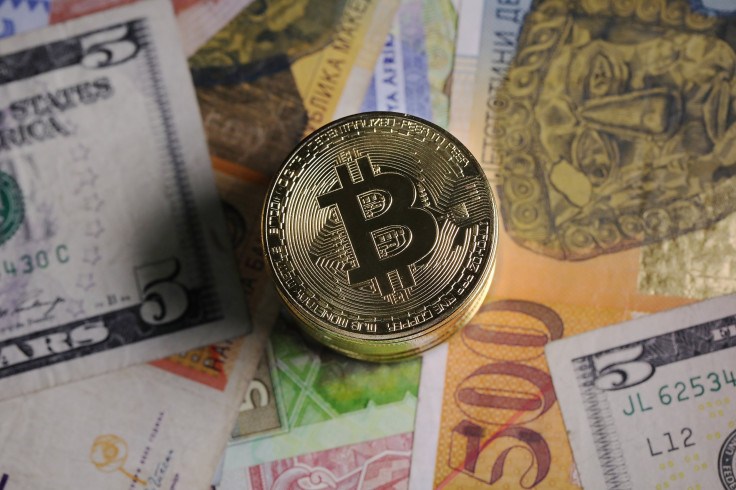French Lawmakers Push For a Tax Cut On Bitcoin

A finance committee of the French parliament's lower house has adopted an amendment to the finance bill to align the taxation of gains made on the sale of crypto-assets — such as bitcoin — to the taxation of capital income. Bitcoin sales are at present taxed about 20 percent more than traditional capital gains, or sales of stocks and other securities, in France.
Jusqu'à présent la fiscalité des gains tirés de la cession de crytpoactifs était dans le grand flou. Ce matin la commission des finances a adopté un de mes amendements visant à les soumettre au PFU à 30% pour plus de clarté #PLF2019 #FinancesAN
— Eric Woerth (@ericwoerth) November 7, 2018
The French newspaper Le Figaro reported that the amendment to the bill make the profits from the sale of crypto assets subject to the one-off flat-rate levy of 30 percent, like all other movable capital income.
The tax system, it ratified by the National Assembly, would not only apply to sale of bitcoin that is done through exchanges like LocalBitcoins or Coinbase to realize profits but also to the use of bitcoin to buy things, e.g., when “used as a means of payment for the purchase of goods or services.”
The tax reduction recommendation must pass the general legislative session and be included in the 2019 budget to become official. But the recommendation is in line with similar moves earlier by the French government to build a more friendly regulatory environment for cryptosecurity.
French lawmakers have historically been active in regulating and engaging with the cryptocurrency space. In September, France had introduced its own regulations for initial coin offerings despite calls from the EU to consolidate the regulation of cryptocurrencies and blockchain.
✅Article 26 adopté en commission #PACTE !
— Bruno Le Maire (@BrunoLeMaire) September 12, 2018
➡️Un cadre juridique des #ICO est créé. L’@AMF_actu pourra délivrer un visa aux acteurs respectant des critères de protection des épargnants
➡️Ce cadre juridique va attirer les innovateurs du monde entier #blockchain #DirectAN
Among the countries that tax cryptocurrencies are Israel and Singapore. Israel does not recognize cryptocurrencies not as currency or commodity, but still considers them as a taxable asset. Miners and traders in the country should pay corporate income tax in addition to a 17 percent VAT. Singapore recognizes cryptocurrency transactions as "barter sales" and taxes them accordingly.
In September, five members of the U.S. House of Representatives requested the Internal Revenue Service to furnish updated guidelines on how taxpayers should record profits associated with investing in bitcoin and other cryptocurrency assets. The letter of requisition by the five-member said the failure by the IRS to put forth decent guidance “severely hinders" taxpayers' ability to comply. It calls for “the IRS to expeditiously issue more robust guidance clarifying taxpayer obligations,” claiming that the agency has had four years to work through the issues since its preliminary guidance was published.
© Copyright IBTimes 2024. All rights reserved.





















